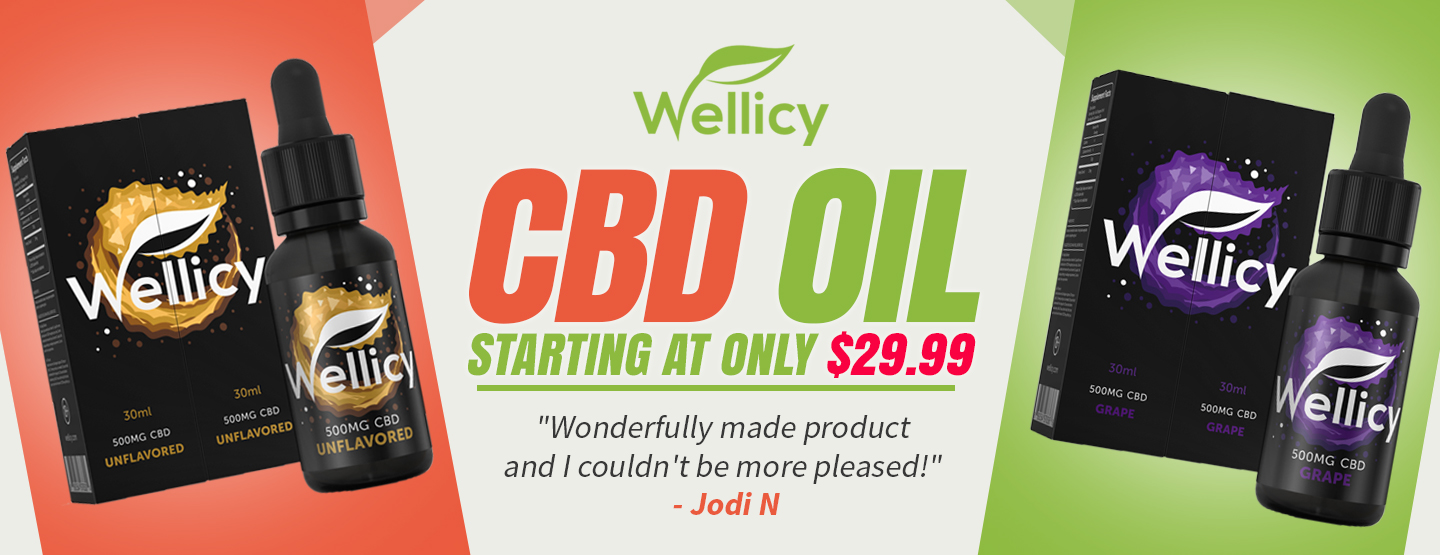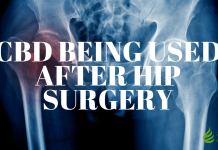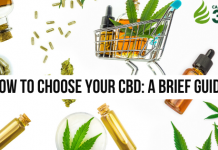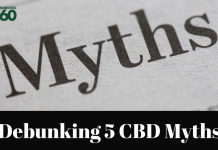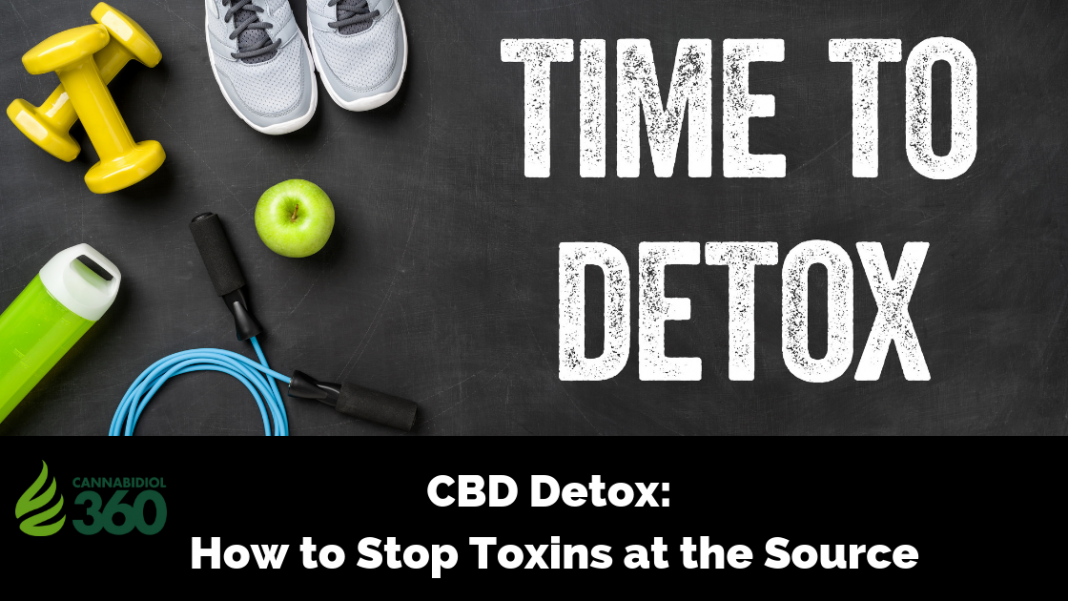
We are surrounded by toxins. Everything from the food we eat to the water we drink and even beauty products are filled with toxins.
Your body is built to weed out these toxins naturally. In fact, your body is constantly detoxifying. But, the amount of toxins we are shoveling into our bodies is overloading the system.
There is a dire need to carry out frequent detox programs to ensure your body does not become a powerhouse of garbage.
Usually a detox starts with a fast. This is a period of about 20 hours during which you go without food. You will only drink water during this time.
After the fast then comes the raw vegetables and fruits. Clean healthy eating should continue even after the detox is complete. People report feeling better and more energized. They even claim to be less stressed after a detox.
Different Types of Toxins
There are four toxin classes. The first is heavy metals, this can be anything from lead to mercury. They can be ingested or inhaled. They are delivered through crops and water or released into the air from industrial processes. These usually accumulate in the brain, kidneys, and immune system.
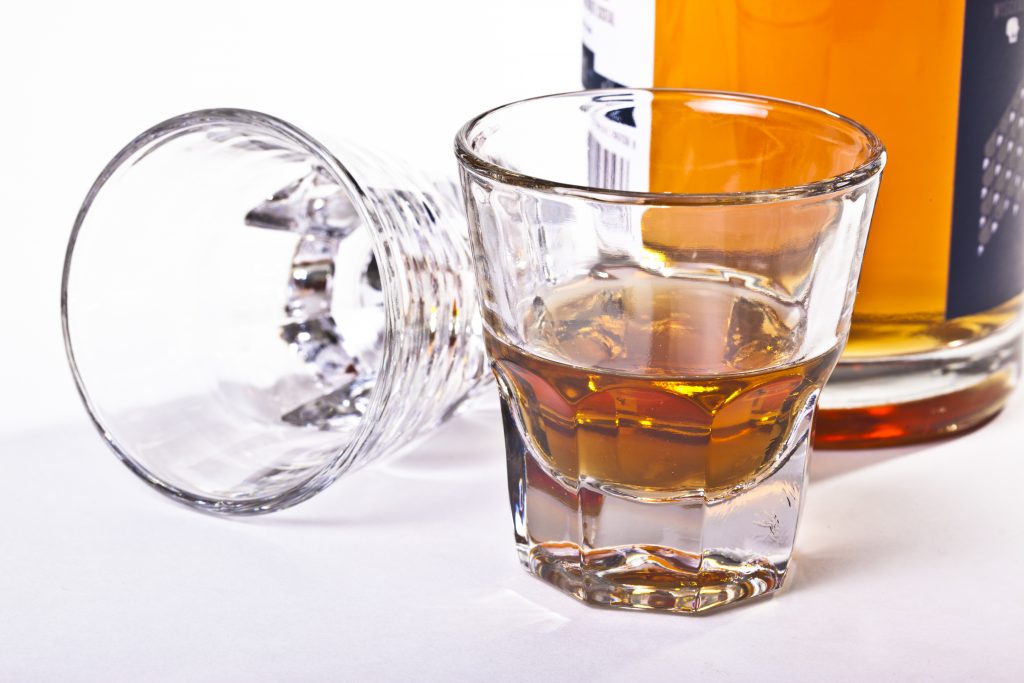
The second class is liver toxins, which are alcohol, drugs, solvents and others. Toxicity involving the liver might bring about psychological issues like depression. Then there are the microbial toxins, which are unwanted bacteria and yeast in the gut. One will suffer bloating and constipation.
The third class is protein by-product toxins. These are mostly ammonia and urea. The kidney is tasked with the responsibility to detoxify this class. One of the easiest and best ways to ensure the protein by-products do not build up is staying hydrated.
Liver Detox Pathways
There are three detoxification pathways in the liver. The body picks out and flushes toxins by these modes.
Phase 1 is usually known as the oxidation pathway. At this step, the liver makes the toxins water soluble for easier excretion. Excretion is done through urine and feces. However, the metabolites formed in this process may be more dangerous than in the original state and harder to excrete. Thus, the need for a second stage.
Phase 2 is where these metabolites are attached to other water soluble elements. This makes them even more water-soluble. The different types of enzymes in Phase 2 cause different reactions. These efforts are meant to ensure metabolites are completely cleared out.
Phase 3 is all about transport. The transformed toxins are transported from the cells into the bile or urine for excretion.
In some cases phase 1 may be over pronounced while the efforts in Phase 2 are slowed down. This means that the unflushable metabolites are in plenty but they supersede the capacity of Phase 2 to disarm them. They are therefore left in the blood stream. It has also been found that vegetarians have a Phase 2 impediment. Their diets lack amino acids found in meat. The amino acids can be found in plants but are not enough. This deficiency will lead to a frequent need for detoxification.
Toxic Enemy
Immunodeficiency, inflammation, degenerative diseases, allergies, arthritis are all linked to toxicity. Research has revealed that the body carries hundred of chemicals all requiring a flush. One of the most common ways to find out if you need a detox is by looking out for symptoms.
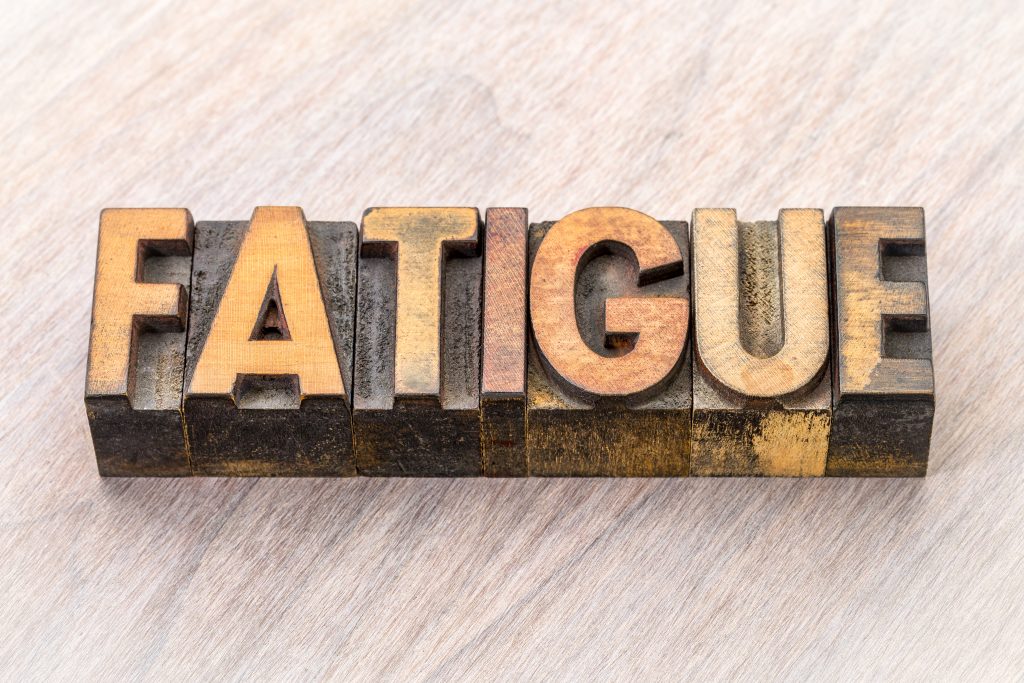
Headache, fatigue, and frequent urinations are very common and sure signs of excess toxins in the body. Insomnia and sleep issues like waking up every day at around 2 in the morning is a sign of a very overworked and pissed off liver.
One may also realize that they are having trouble losing weight. This is why it is advised that one start a diet with a detox. It gives the diet a clean slate to work with. One may also develop itchy skin and some acne.
Inflammation and Toxins
Inflammation is a way for the immune system to protect the body against adverse foreign elements. However, in some cases the inflammation may not be triggered for an actual reason. In this instance, the immune system will have been compromised. Toxicity can cause this kind of malfunction in the immune system. The body has a natural detox system.
However, when there is inflammation all efforts are geared towards fighting whatever foreign element the immune system will have sensed. That leaves no resources available for detoxification to continue. This leaves toxins to roam about in the blood stream.
The role of CBD in this situation is twofold. First, CBD will ensure the inflammation is taken care of. It will slow down the inflammatory reaction and prevent it from causing damage. Then it will help the body resume its detoxification duties as supposed to wasting time on inflammation. Once all has settled CBD will ensure the body bounces back.
Therefore, CBD is effective in stopping inflammation so that the body can resume detoxification. Moving along the natural detoxification process. Repairing any damage that would have been left behind by the glitch.
Free Radicals and Toxins
Every toxin molecule that is metabolized in Phase 1 causes creation of one free radical. Free radicals cause damage to the DNA. They accelerate the wear and tear of the body thus causing early onset aging symptoms and signs. Thus, the need for antioxidants.
 The body produces its own natural antioxidants like glutathione and ALA. These regulate the methylation of DNA. They enhance mitochondrial activity. They inhibit reactive oxygen species at the cellular level. However, these natural antioxidants may be insufficient in fighting the battle against toxins.
The body produces its own natural antioxidants like glutathione and ALA. These regulate the methylation of DNA. They enhance mitochondrial activity. They inhibit reactive oxygen species at the cellular level. However, these natural antioxidants may be insufficient in fighting the battle against toxins.
CBD is an antioxidant in itself. It incapacitates the reactive oxygen species thus reducing oxidative stress. This is especially important in neurology, as oxidative stress is the root of many neurological disorders and neurodegeneration.
In fact, the famous US government owned CBD patent is based on this premise. It is about the antioxidant properties as related to neurological degeneration and the subsequent neuroprotetive quality of the cannabinoid.
CBD will therefore be effective and efficient in enhancing the body’s own anti-oxidation efforts to rid it of said free radicals. The body is able to cleanse its own vital organs without deterrent.
Mechanism of CBD Detox
The use of CBD is meant to first, stop the toxin action. Then it is supposed to replace vitamins and other elements that are lost under the stress of toxicity. CBD will help ensure no further damage is caused in the body from toxicity.
After this, the toxin is cleared out. The body is then optimized and healed in the aftermath of flushing. CBD will also be instrumental in management of symptoms. However, one must ensure they get the real thing and not just some knock off. Get an organic product. Ensure there are no solvents left behind by the extraction process.
A third party lab must have tested the product and results must be positive. It is also important to find a good honest supplier who will not slip in some faux CBD products. One should also ensure to administer appropriate serving and dosage.
Enemas
Enema is a procedure in which a liquid or gas is injected into the rectum. This serves the purpose of clearing out the lower bowel and perhaps streamlining the detox program. This procedure improves the liver filter. It also helps with the bile conundrum. Bile carries toxins.
The body also reuses bile. The result is a huge risk of toxin re-absorption in the body. By administering a CBD oil enema, one reduces the chances of reabsorbing toxins with the bile. There is a 90% more likelihood of reabsorbing clean bile. The enema will also increase glutathione action. This is in addition to according its own antioxidant properties.
The How of It
You will need CBD oil and flaxseed oil. There is a dilution step included. You can find the ratios on the internet. Mix these then put in an enema bottle or bag. Hold the bag with the nozzle side facing down. Let out the air bubbles by letting the solution flow. You do not want those bubble sin your rectum. Lubricate the nozzle then insert slowly and gently. Do not insert anything more than 4 inches of the nozzle. Ensure to push out the anus as you insert so there is better accessibility. Lie on your left and pull your knees up to your chest. Watch as the bag empties into your rectum then remove the tube slowly.
Caution
You must be careful not to injure anything. If you are experiencing obstruction during insertion, stop and adjust. Do not be forceful about it. After or even midway through the bag, you will experience a pressure to relieve your bowels. Once the bag has emptied and you have removed the tube, you may sit on the toilet for a bit. You may take the day off since some leaking is expected. If you notice some blood in our stool then you injured something and should see a doctor to get that checked out.

